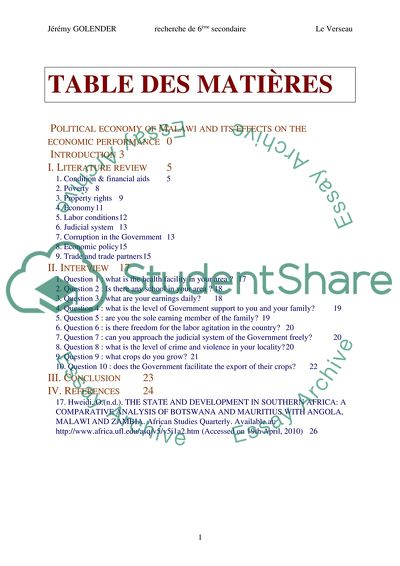Cite this document
(“Political Economy of Malawi and Its Effects on the Economic Research Paper”, n.d.)
Political Economy of Malawi and Its Effects on the Economic Research Paper. Retrieved from https://studentshare.org/macro-microeconomics/1736244-describe-and-analyse-the-political-economy-of-the-malawi-and-its-effect-on-economic-performance
Political Economy of Malawi and Its Effects on the Economic Research Paper. Retrieved from https://studentshare.org/macro-microeconomics/1736244-describe-and-analyse-the-political-economy-of-the-malawi-and-its-effect-on-economic-performance
(Political Economy of Malawi and Its Effects on the Economic Research Paper)
Political Economy of Malawi and Its Effects on the Economic Research Paper. https://studentshare.org/macro-microeconomics/1736244-describe-and-analyse-the-political-economy-of-the-malawi-and-its-effect-on-economic-performance.
Political Economy of Malawi and Its Effects on the Economic Research Paper. https://studentshare.org/macro-microeconomics/1736244-describe-and-analyse-the-political-economy-of-the-malawi-and-its-effect-on-economic-performance.
“Political Economy of Malawi and Its Effects on the Economic Research Paper”, n.d. https://studentshare.org/macro-microeconomics/1736244-describe-and-analyse-the-political-economy-of-the-malawi-and-its-effect-on-economic-performance.


